DetailsNutrition for SeniorsWhat They Should Avoid
Having a healthy diet is crucial at any age, and seniors need to make smart food choices. Older individuals have weaker immune systems, making them more susceptible to diseases. In this section on health and wellnessSelMagzWe introduce foods that interfere with most medications, and it’s best for seniors to avoid them.

1. Cheese
Cheese is risky for seniors due to its low acidity and high moisture content, as well as potential listeria and other ingredients that can weaken their immune system. Seniors should avoid all forms of cheese as much as possible to enhance their quality of life.CheeseAvoiding cheese is recommended for improving their quality of life.
2.EggsSoft-boiled eggs
Raw or soft-boiled eggs can increase the risk offood poisoningPeople should cook eggs thoroughly until both the yolk and white are completely solid. Non-pasteurized eggs andhomemade mayonnaiseshould not be consumed by seniors.

3. Raw Fish
Fish must be cooked to eliminate bacteria, as consuming raw fish in any form is harmful, especially for seniors. If you lovesushiit’s best to avoid it whenever possible.
4. Raw Milk
Raw milk may seem healthy, but seniors should only consume pasteurized milk from supermarkets. Unpasteurized milk can contain a wide range of harmful bacteria, including listeria, salmonella, and E. coli.
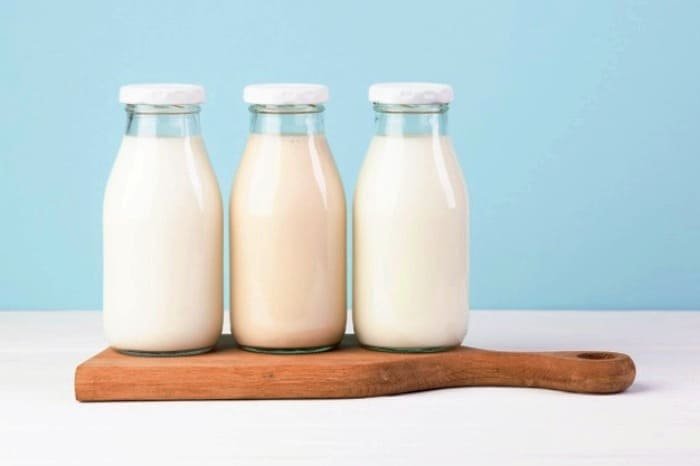
5.Grapefruit
Seniors taking medication forhigh blood pressure,anemia, andstressshould consult their doctor and read medication labels before consuming grapefruit, as it may interact with their medications and cause serious side effects.
6. Undercooked Meat
E. coli, salmonella, and other bacteria found in undercooked meat can cause food poisoning. Seniors should only consume meat that is fully cooked, with no signs of blood.
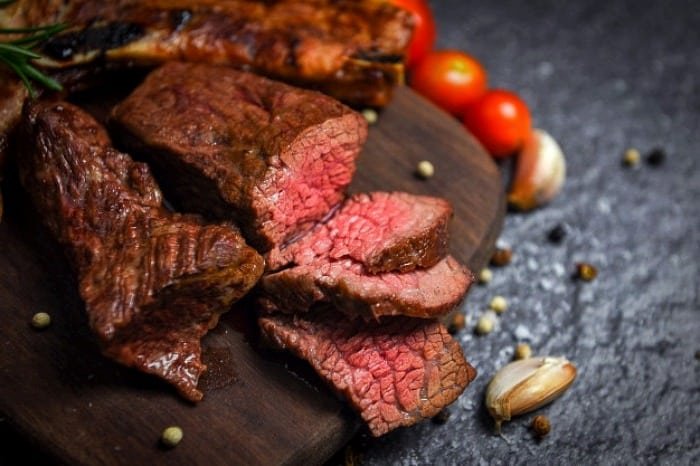
7. Unpasteurized Juice
Fresh vegetable and fruit juices often contain high levels of bacteria from inside or outside the produce. Seniors should consume high-quality pasteurized juices to lower their risk of illness and food poisoning.
8. Raw Sprouts
Raw sproutsof beansgrow in warm, humid conditions that are ideal for bacterial growth. Therefore, seniors should only consume fully cooked plant sprouts that have been steamed at high temperatures.
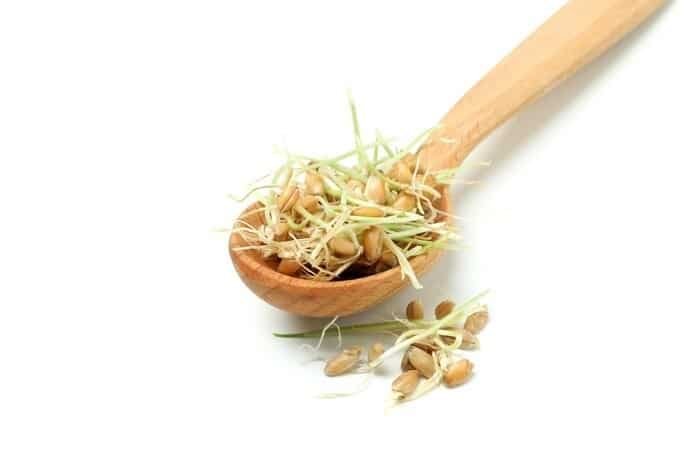
9. Processed Foods
Many seniors turn to processed foods because they are easier to prepare. These foods are high in fats, sodium, sugar, and preservatives, which can be harmful forhigh blood pressure, cardiovascular disease, anddiabetesand may cause problems in their daily activities.
10. Cold Cuts
Cold cuts likesliced meats, pepperoni,sausagesand similar products that are not cooked before consumption can increase the risk of infections. Seniors should only eat cold cuts that they can fully cook; therefore, ready-to-eat meats that are bought and frozen should not be consumed.

11. High Sodium Foods
Excessive salt is dangerous for seniors. Pay attention to the sodium content in packaged foods, and use healthy herbs and spices for flavoring. Seniors over 70 should not consume more than 1.2 grams of salt daily.
12.Caffeine
Caffeine is found in most teas,chocolatesand even some medications. Caffeine can causeinsomniaand an increasedheart rateso if you have heart problems, consuming caffeine can be dangerous.

13. Diet Drinks
A common misconception is that foods with artificial sugars are better than high-sugar products. Artificial sweeteners can lead toweight gainand damage dental health, and due to their lower calorie content, they tempt you to consume more.
14. Sugary Drinks
Sodasand many sugary beverages contain very high amounts of sugar, and consuming such drinks can worsen diabetes, obesity, and other health issues. Some of the items mentioned at the start of this section can make a person susceptible toAlzheimer’s diseasewhich is certainly one of the common and challenging diseases faced by seniors.
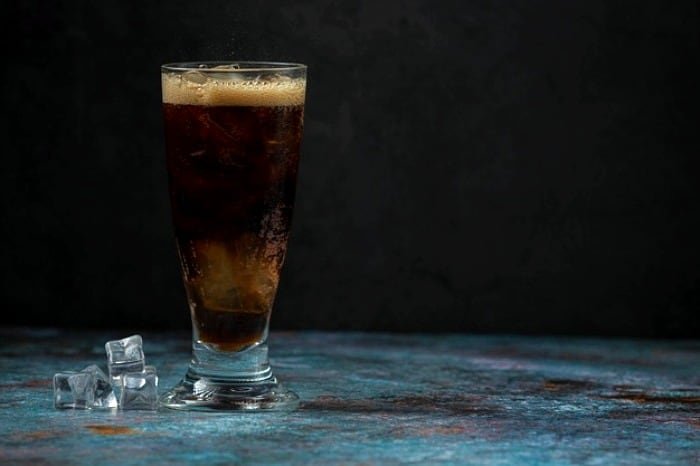
Useful Tips for Healthy Aging
- The diet and nutrition for seniors should not be high in fats and sodium.
- Avoid fried foods in your diet.
- Avoid hard-to-digest foods.If you have dental issues, consume ground or pureed foods.
- Do not eat mayonnaise with salads and vegetables.
- Limit the consumption of sausages, cold cuts, and
- hamburgersin your diet.Avoid solid fats, butter, and animal fats.
- Avoid consuming
- head and trotters, liver, and internal organs of animals.Seniors should not overeat or undereat.
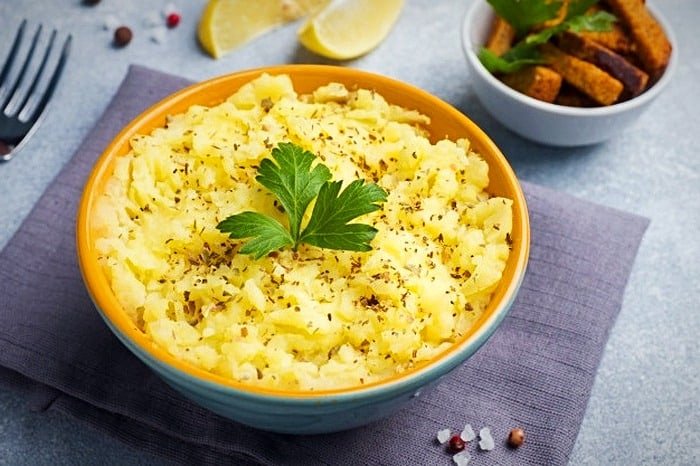
Individuals over 65 or seniors face changes in their abilities and senses. A reduction in senses such as
tasteand smell is a significant issue during aging. You’ve probably heard older individuals saying that food doesn’t taste like it used to, as they have lost part of their sense. Therefore, paying attention to seniors’ nutrition is important for maintaining their physical health.Many seniors overeat due to decreased senses, leading to obesity and diseases such as diabetes, high blood pressure, etc. Strict and extreme diets are prohibited for seniors.
Many seniors also suffer from
malnutritiondue to reduced senses, which comes with specific risks.Sometimes, seniors suffer from malnutrition due to a lack of appetite or other side issues, which also carries specific risks and requires proper care.
Nutrition for Seniors







